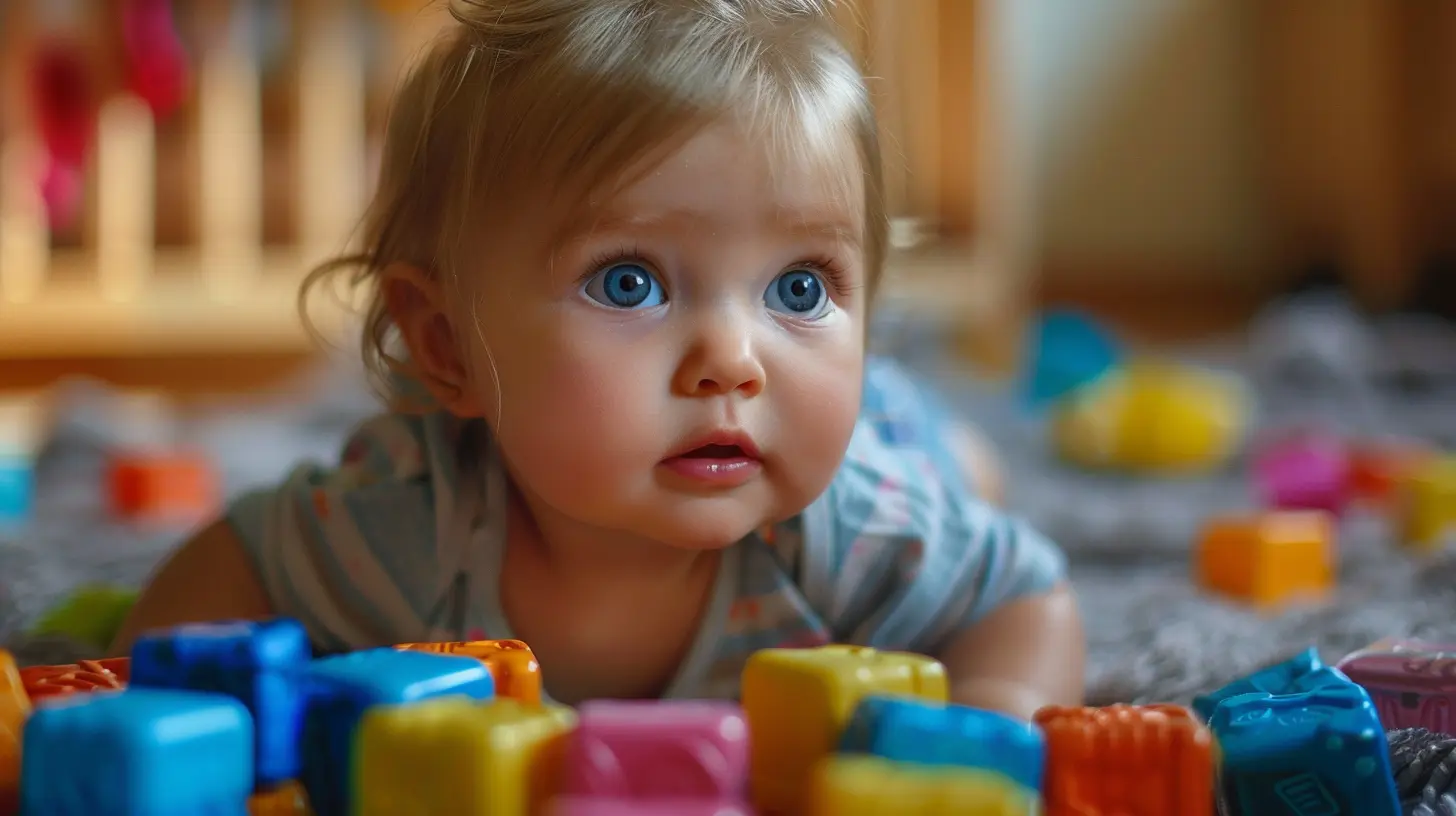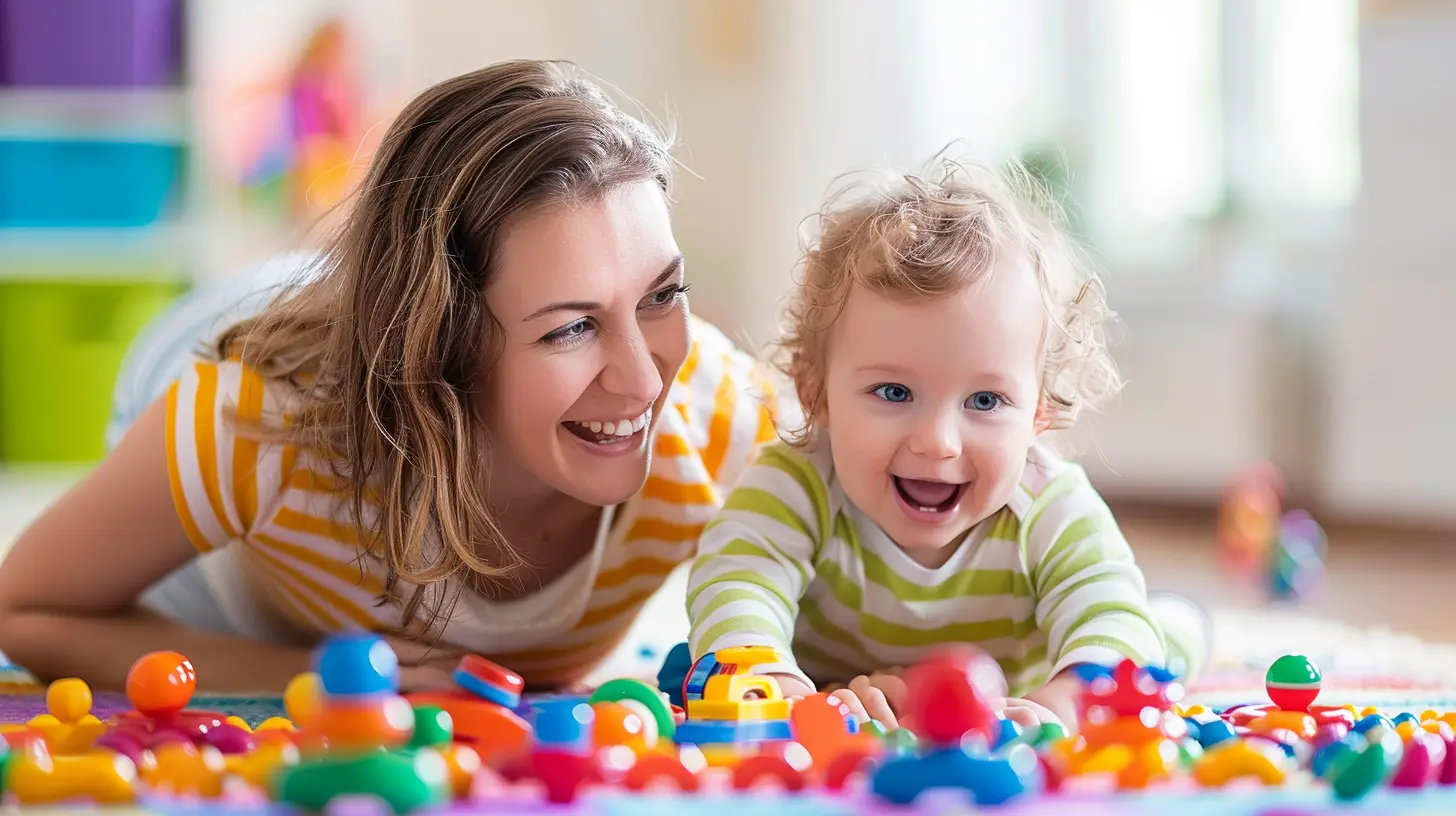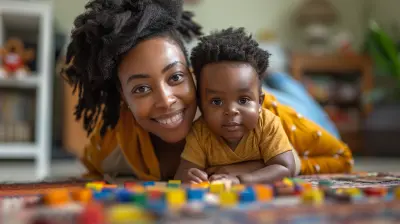7 April 2025
Family culture is one of the most powerful influences on a child’s growth. From the way meals are shared to how emotions are expressed, every little detail contributes to shaping a child’s social and emotional development. Think of family culture as the soil in which a child’s personality, values, and behaviors take root. The richer and more nurturing the environment, the stronger and healthier they’ll grow.
But how exactly does family culture influence a child? Let’s dive deep and uncover the roots of this fascinating topic.

What Is Family Culture?
Before we dissect its impact, let’s define family culture. Simply put, it’s the combination of habits, traditions, values, and communication styles within a family. Every family—whether big or small, traditional or modern—has its own unique culture.Some families emphasize independence, while others prioritize close-knit bonds. Some encourage open emotional expression, whereas others may adopt a more reserved approach. Whatever the case, these practices create the foundation for a child’s social and emotional growth.

How Family Culture Shapes Social Development
A child’s ability to interact with the world around them is largely influenced by their family culture. Let’s break it down into specific areas:1. Communication Styles
Ever noticed how some kids are naturally chatty while others are more reserved? A big part of this comes from the way communication is handled at home.- In families where open discussions are encouraged, children often grow up to be expressive and confident in social situations.
- On the other hand, if conversations are limited or if emotions are dismissed, kids may struggle with social interactions or have difficulty expressing themselves.
A child who grows up in a home where parents actively listen and engage in meaningful conversations is more likely to develop strong communication skills.
2. Conflict Resolution
How does your family handle disagreements? Do parents yell? Do they calmly discuss? Or do they avoid confrontation altogether?Children learn by observation. If they see conflicts being resolved with patience and understanding, they’re more likely to adopt healthy conflict-resolution skills. But if they witness frequent shouting, arguments, or even emotional neglect, they might develop unhealthy coping mechanisms, such as aggression or avoidance.
3. Social Values and Etiquette
Families instill values—whether intentionally or not. The way parents treat others, how they respect elders, and even their views on helping strangers all shape a child’s mindset.- A family that emphasizes kindness and empathy raises children who are compassionate and understanding.
- If a family values competition over cooperation, their child might prioritize winning over teamwork.
These everyday lessons shape how kids interact with peers, teachers, and society at large.
4. Friendship and Social Interactions
Does your family encourage playdates and social gatherings, or do they prefer private, home-centered interactions?Kids who grow up in socially active families tend to develop strong interpersonal skills. They learn to navigate friendships, manage differences, and build emotional intelligence. Conversely, children raised in isolated environments may find it challenging to connect with others or feel comfortable in social settings.

How Family Culture Shapes Emotional Development
Now, let’s shift gears and look at emotional development. A child’s ability to recognize, express, and manage emotions is deeply rooted in family culture.1. Emotional Expression
Some families openly express emotions through words, hugs, and reassurances, while others might bottle them up or downplay feelings.- A child raised in a loving and expressive home learns that it’s okay to feel and express emotions.
- If emotions are suppressed or ridiculed, the child might struggle with emotional regulation and have difficulty forming deep emotional connections.
2. Parental Emotional Availability
How emotionally available are the parents? Do they take the time to comfort a sad child, or are they dismissive?Children who feel emotionally supported at home develop high self-esteem and emotional resilience. They learn that their feelings are valid and that they have a safe space to express themselves. On the other hand, if emotional support is lacking, children may develop insecurities, anxiety, or even emotional detachment.
3. Handling Stress and Failure
Life isn’t always sunshine and rainbows, and how parents handle stress and failure teaches kids valuable lessons.- If parents approach challenges with perseverance and a positive mindset, kids learn resilience.
- If failure is met with harsh criticism, kids may develop a fear of making mistakes, leading to self-doubt and anxiety.
Encouraging a healthy approach to setbacks fosters emotional strength and adaptability in children.
4. Affection and Love Languages
Every family expresses love differently. Some show it through words, others through actions, and some through physical touch. A child who receives affection and reassurance grows up feeling secure and loved. But a lack of emotional warmth can lead to struggles with forming attachments later in life.
The Role of Cultural and Generational Influences
Family culture isn’t just about individual preferences—it’s passed down through generations and influenced by societal norms.For example:
- In collectivist cultures, family unity and interdependence are emphasized, shaping children to prioritize family over individual desires.
- In individualistic cultures, children are often encouraged to pursue personal goals and independence.
Neither approach is right or wrong, but they influence how children perceive relationships, emotions, and responsibilities.
How Parents Can Foster a Positive Family Culture
So, how can parents create a family culture that nurtures both social and emotional growth? Here are a few tips:1. Prioritize Open Communication
Encourage kids to share their thoughts and feelings. Let them know their voice matters, and always listen without judgment.2. Model Healthy Relationships
Children learn from observation, so demonstrate kindness, respect, and empathy in your interactions.3. Encourage Emotional Expression
Create a safe space where feelings are acknowledged and validated rather than dismissed or ignored.4. Teach Emotional Resilience
Help kids understand that challenges and mistakes are part of life. Teach them how to bounce back from setbacks with confidence.5. Establish Meaningful Family Traditions
Whether it’s weekly game nights, bedtime stories, or celebrating small achievements, family traditions create a sense of belonging and security for children.6. Balance Love and Discipline
Set clear boundaries but enforce them with love and understanding rather than fear.Final Thoughts
Family culture isn’t just about traditions or shared meals—it’s the invisible framework shaping a child’s social and emotional world. Every interaction, every conversation, and every experience at home contributes to the person a child becomes.As parents, guardians, or caregivers, we have the power to create a nurturing and supportive environment. By fostering a family culture built on love, respect, and emotional openness, we set our children up for a lifetime of healthy relationships and emotional well-being.




Vivian McIntyre
This article beautifully highlights the crucial role family culture plays in shaping a child's social and emotional development. Understanding how values, traditions, and communication styles impact growth can empower parents to foster a nurturing environment that supports their child's well-being and resilience as they navigate life’s challenges.
April 10, 2025 at 2:40 AM